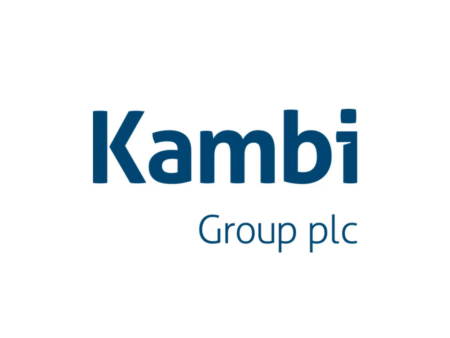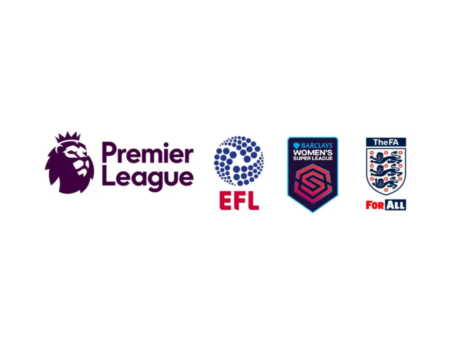The recent decision by Spelinspektionen, the Swedish gambling regulator, not to pursue charges against Infiniza, a Malta-based online operator, has ignited a heated debate within the gambling industry. The decision came despite Infiniza’s history of offering its services to Swedish players without the necessary license.
Infiniza first came under scrutiny for its operations targeting Swedish players, prompting investigations into its partnership with payment provider Zimpler. Although Zimpler was instructed to cease servicing unlicensed gambling companies, Infiniza later resumed its activities by partnering with another payment provider, Finshark. Payments were then funneled through Krofort, an unlicensed instant payment company.
Despite evidence of continued operations targeting Swedish players, Spelinspektionen determined that Infiniza no longer actively targeted Swedish audiences with its gaming offerings. The regulator cited Infiniza’s change of marketing strategy as justification for its decision.
BOS (Swedish Trade Association for Online Gambling) expressed vehement disagreement with Spelinspektionen’s ruling, emphasizing the need for stricter regulations to prevent offshore companies from exploiting Swedish players. BOS Secretary General Gustaf Hoffstedt condemned the decision, stating that it highlights the inadequacy of the current regulatory framework.
Hoffstedt highlighted the significant following Infiniza enjoys among Swedish players, lamenting the loss of taxable revenue to unlicensed operators. He stressed that the activities of unlicensed companies undermine the integrity of the legal gambling market in Sweden.
BOS has long advocated for legislation prohibiting offshore companies from accepting money from Swedish players. Additionally, Hoffstedt proposed reforms regarding the treatment of payment providers, calling attention to their adaptability and potential complicity in facilitating illegal gambling activities.
The controversy surrounding Spelinspektionen’s decision underscores the ongoing challenges faced by regulators and industry stakeholders in combating illegal gambling activities. As debates over regulatory reforms continue, the need for comprehensive measures to protect consumers and uphold the integrity of the legal gambling market remains paramount.

















